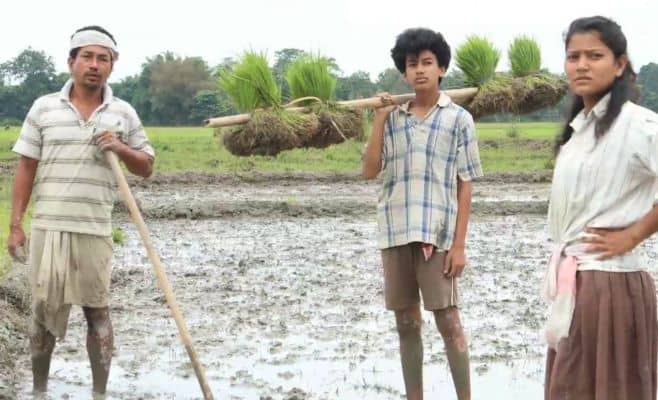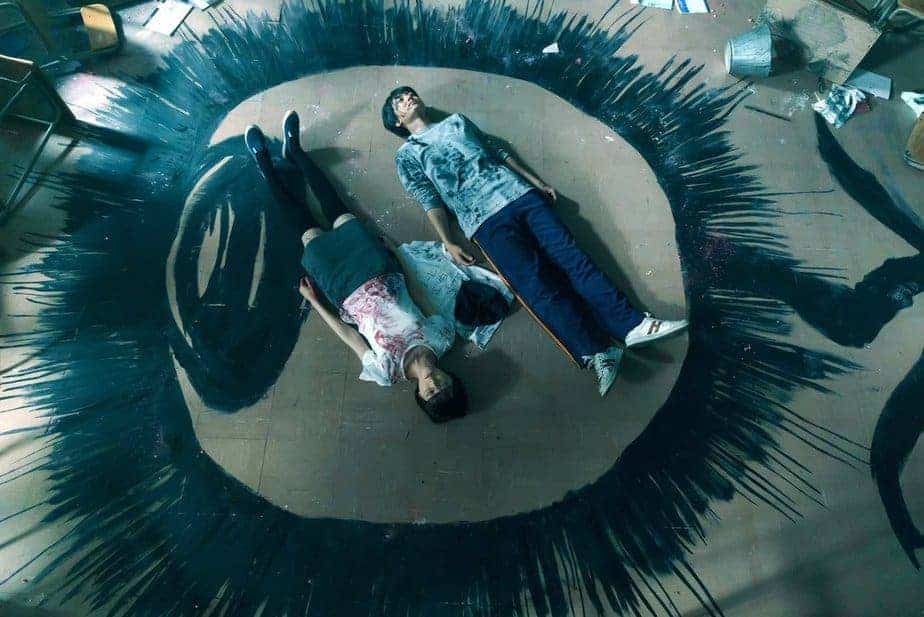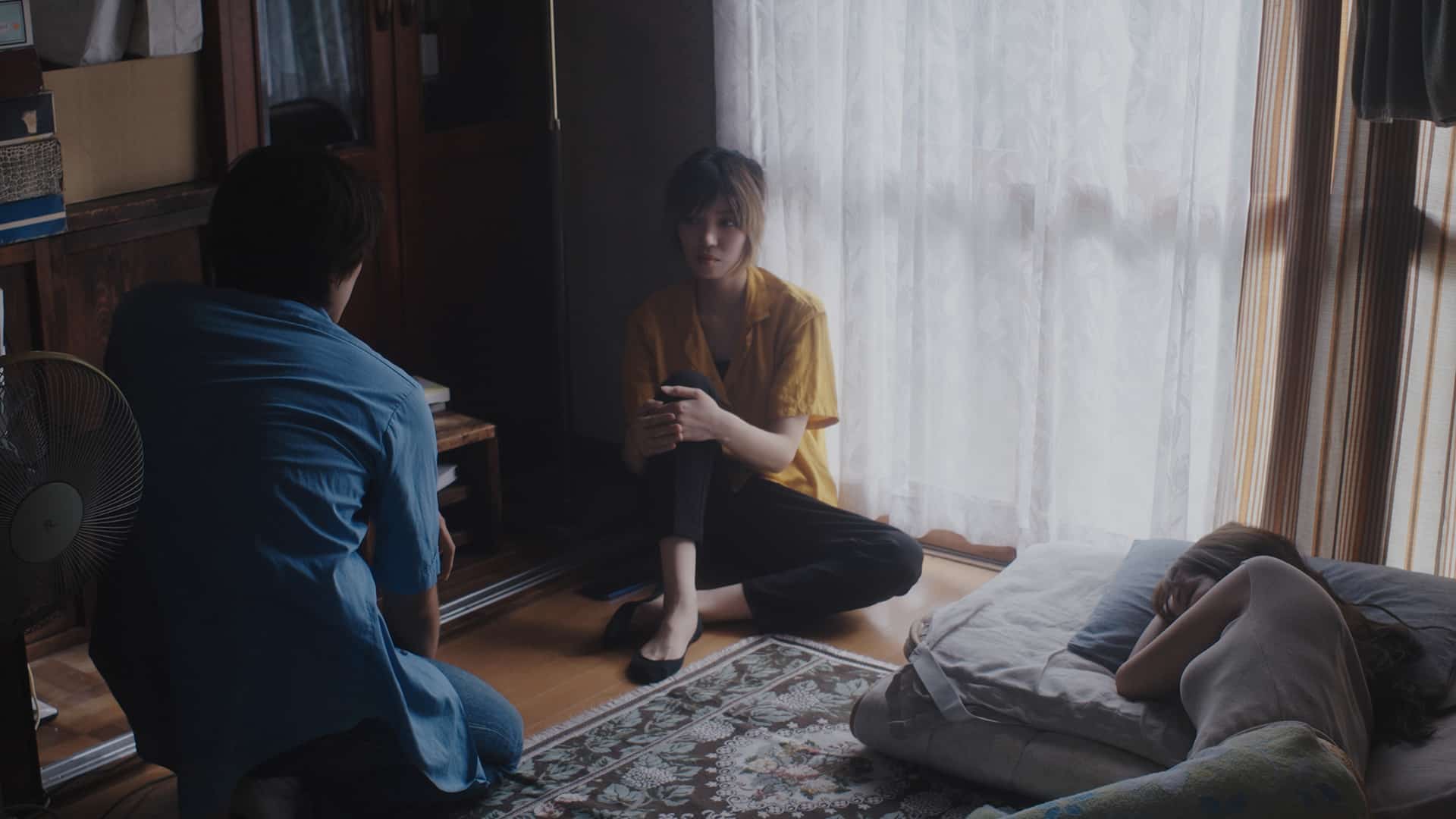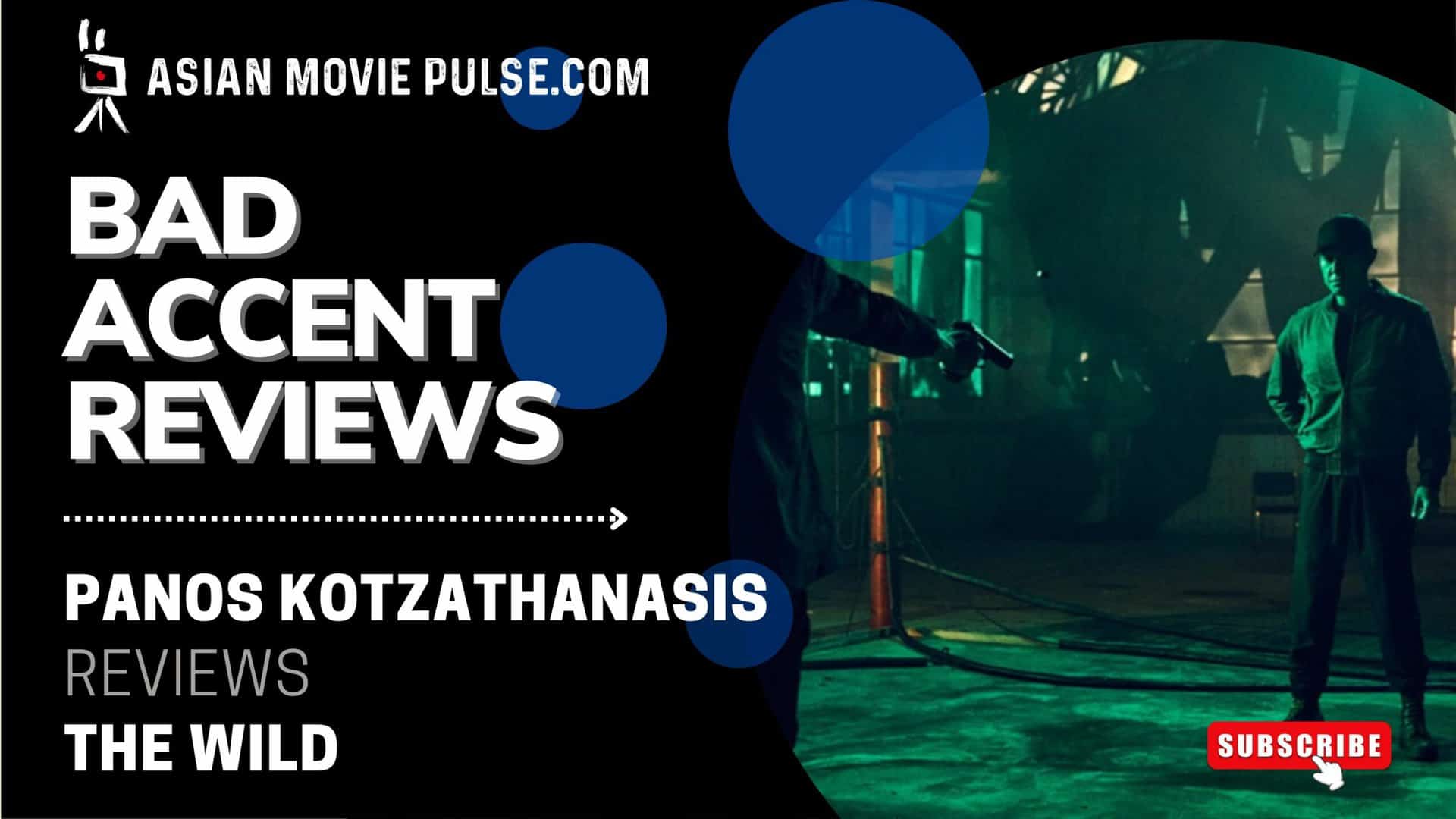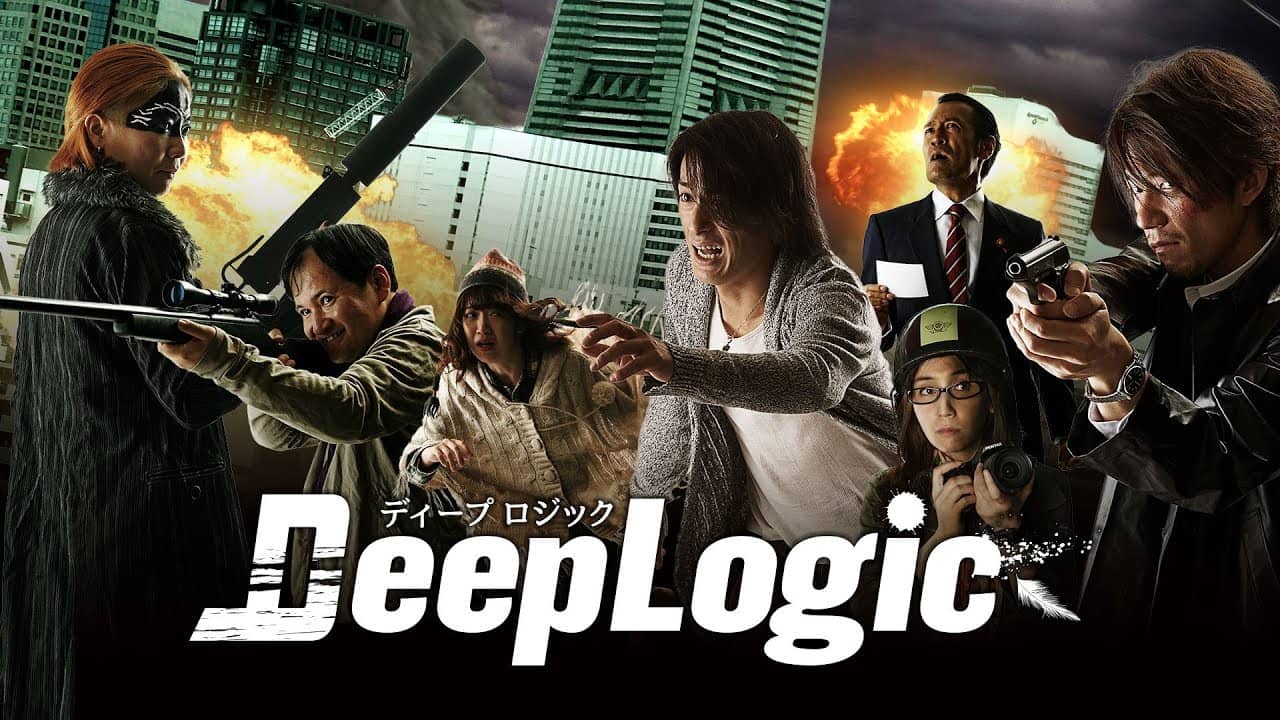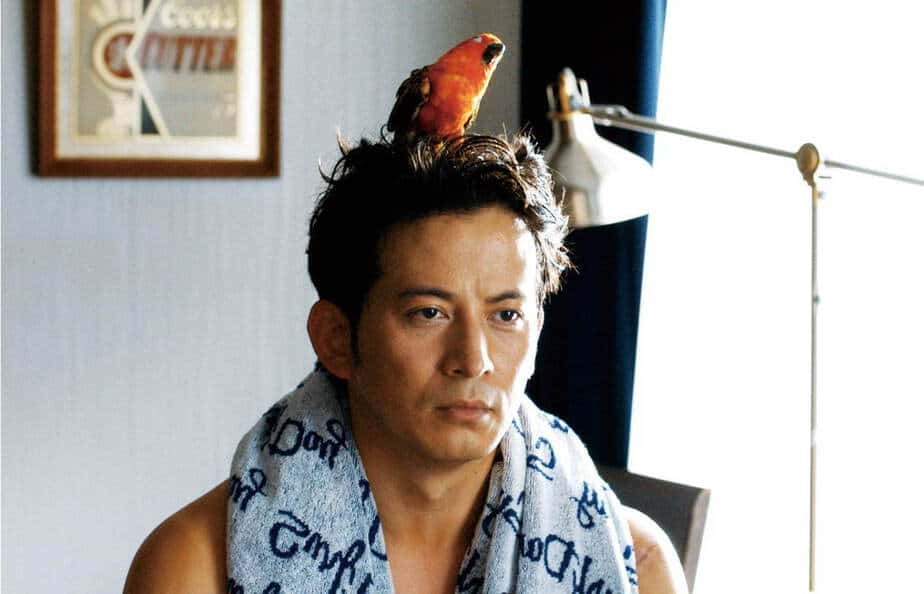The North-Eastern Indian state of Assam hardly exists in foreign media coverage. Some people may just associate it with picturesque views of hills covered with tea plantations (barring the knowledge about the harsh situation of plantation workers). But Assam is not only the land of mountains. The mighty Brahmaputra river flows through it, providing fertile grounds for paddy fields and means of livelihood for local communities. Sadly, with devastating regularity, the Brahmaputra and its tributaries manifest nature's uncontrolled power when, in rainy seasons, floods devastate villages and crops. The absence of Assamese people's plight in Western awareness is one thing. The other is the lack of coverage in mainstream Indian media, in which North-Eastern issues are often ignored as if these states weren't a part of the country. Having that in mind, the most important aspect seems the director's mission to put Assamese matters into the spotlight.
Bridge is screening at Indian Film Festival of Los Angeles
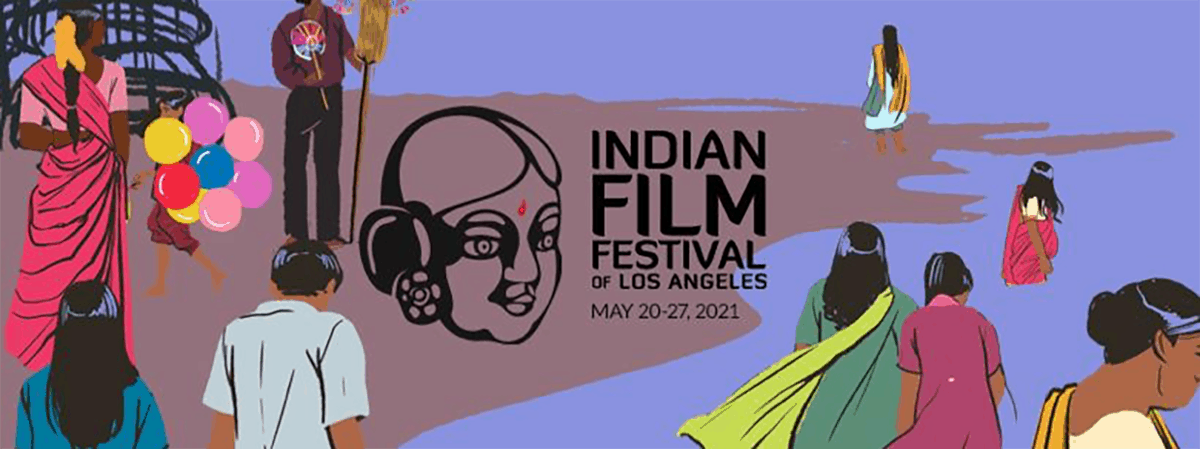
Filmmaker Kripal Kalita in his debut feature (apart from that he has one short credited to his name) depicts the annual hardships brought by high waters and the impacts that the river has on the lives of local people. He himself, a farmer's son hailing from rural Assam, knows those perils from his very own experience and brings them up through a story of a young girl Jonaki (newcomer Shiva Rani Kalita). There's a disclaimer in the beginning that the movie is based on true events. Though it is not just one story that the director tells. He wrote his script crafting it from various experiences and tales he heard over the years. With his choices to shoot on location and with a cast combined mostly of people without any acting experience (just brief training before filming), he brings a similar kind of realism and accuracy we know from movies by Rima Das, who became the important voice of Assam. Also similarly to Rima Das, he portrays the community focusing on a story of a teenage girl, the strong-willed warrior of every day. Jonaki's family is adversely affected by floods. Because of the demise of the father taken by the waters after the collapse of the bridge, she took the responsibility of taking care of her ailing mother (suffering from epilepsy) and a little brother. There's a field she needs to cultivate, moving the plow through the soil with the help of two owsen. The river takes, but also gives, what Jonaki explains in a moving moment to her little brother.
The narration is a sequence of events happening over changing seasons. Sometimes it lacks some smooth flow, and seems too episodic, but it doesn't change the significance of raised matters. It is not only the story of Jonaki's dreams and struggles but also a moving chronicle of life in the area, affected by the lack of the title's bridge. The only way to get to the village is to cross the river on a shaky banana raft. There used to be a boat, but it was taken by the flood. The implications stretch from difficulties with reaching healthcare or school (when the water level is too high, children can't get to school) to ruined marriage opportunities, when a wedding procession can't reach the bride. There are moving images of children wading the waters, with school books raised above their heads. Paying for a ferry raft every day is too much of an expense.
There are more bitter pills to swallow. Like politicians visiting the area only with prospects of coming elections and promising pie in the sky (or rather bridge in the ridge) and forgetting everything right after getting wanted votes. However, the most terrifying aspects come with blows directed against patriarchal society. The gravest dangers Jonaki faces are not those of the waters, but people. A growing girl from an unprivileged family, having only a mother, is not safe. The subplot involving her and a would-be sexual offender makes you want to cry with anger because of the injustice and lack of protection society should provide, as well as common sense. Looking at the group of elder males deciding on the fate of a young girl, without listening to her version of events, and immediately taking the side of a man from a powerful family, devastates with its grim realism.
The deep humanism of “The Bridge” was noticed by the National Award jury, as it grabbed the award for the best film on social issues. But it shouldn't be narrowed to a slice-of-life cinema depicting the selected problems. The portrayal of Jonaki, subtle, introspective, and inspiring by her will to survive despite the obstacles, is the biggest strength of “Bridge”.


